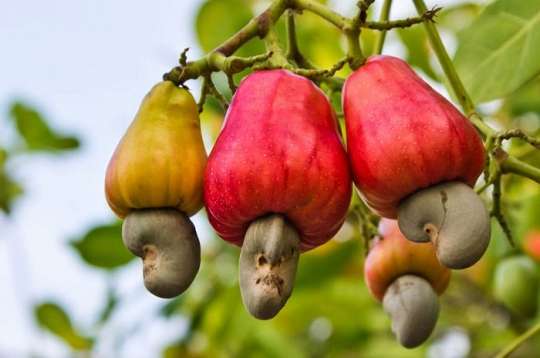Recent volatility in the global cashew market may cause many kernel buyers to stand back, the African Cashew Alliance (ACA) has cautioned.
Indeed, ACA believes the situation may well dim production targets of local producers, even in Ghana.
The Ghanaian cashew industry is widely considered by many cashew industry experts as one of the most promising in Africa. Ghana currently produces about 200,000 tonnes of raw cashew nuts (RCN) and is among the best quality cashew nuts producers in the world, according to official data from the Ministry of Food and Agriculture (MoFA).
The sharp rise in prices in first-quarter of the year, well beyond even short-term sustainable levels, created a period of panic as cashew kernel prices hit US$3.80/lb – but fell back quickly to levels around US$3.25/lb from Vietnam, where they remain today.
According to ACA, the fall has created a situation in which buyers may believe that further falls are imminent, as most are now waiting to see the next stage.
Consequently, many processors are renegotiating contracts as market rises from US$2.40 to US$3.30/lb are impossible to manage for processors that still need to buy their full needs of RCN. This scenario may well lead to lower demand in second-half to end of the year.
Already, ACA has observed that the 2024 crop season in Ghana has seen lower production estimates – averaging 25-30 percent lower than last year, 2023. This situation makes Ghana the country worst-affected by weather conditions last year and this planting year.
The Alliance observed that crop estimation in the country is currently difficult, as volumes continue to flow from landlocked countries to the north and from Cote d’Ivoire.
Vietnamese processors, in similar panic mode, dropped prices to 14-year lows in mid-2023. The reality of a lower crop in Vietnam, some West African countries and probably India, meant that a rise in cashew kernel prices became inevitable.
Cashew has become an important component of the country’s Non-Traditional Export Sector (NTES). It has also become the main source of livelihood for some Ghanaians, especially in the Brong Ahafo Region (BAR).
Cashew is currently Ghana’s leading agricultural non-traditional export (NTE), bringing in about US$294.2million worth of revenue annually.
Access to raw cashew nuts for processing has been a challenge faced by processors. There is unhealthy competition for the raw commodity.










